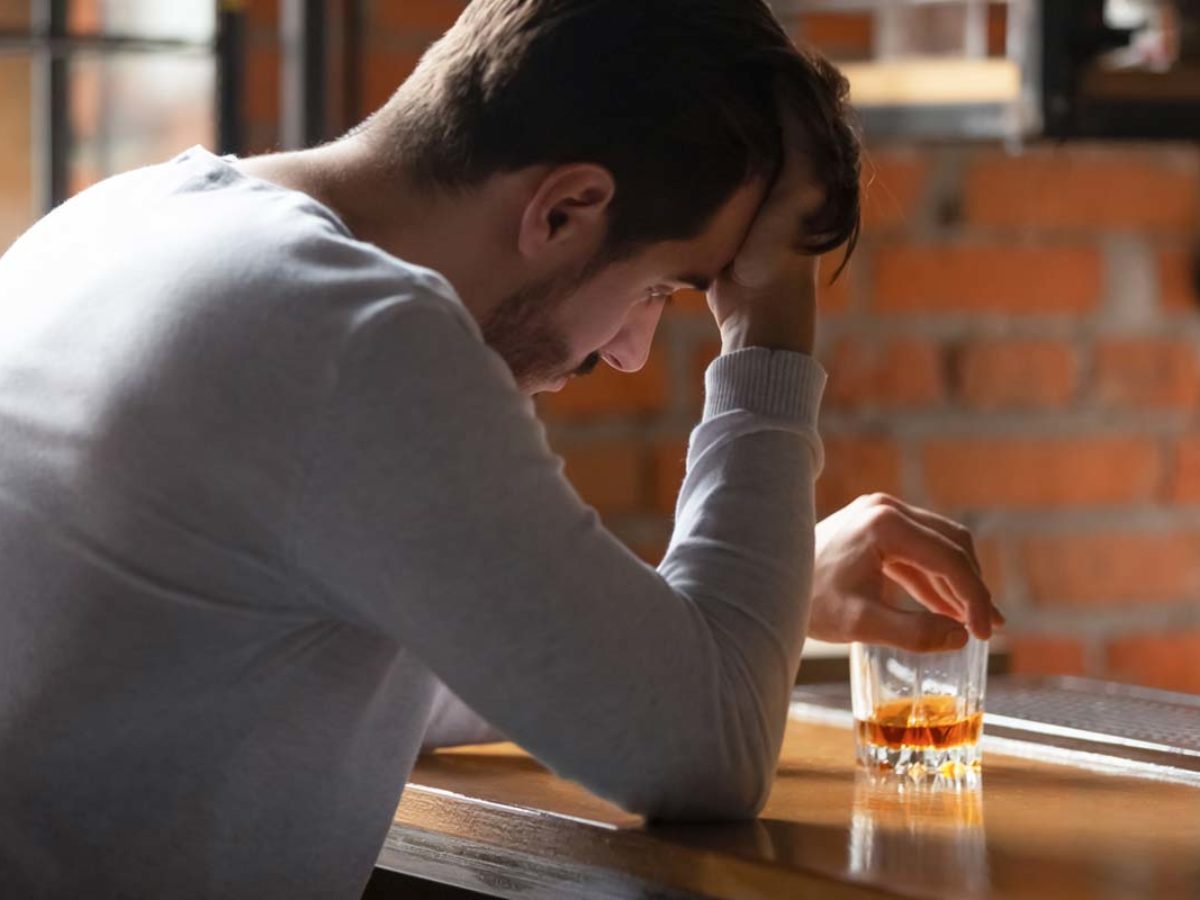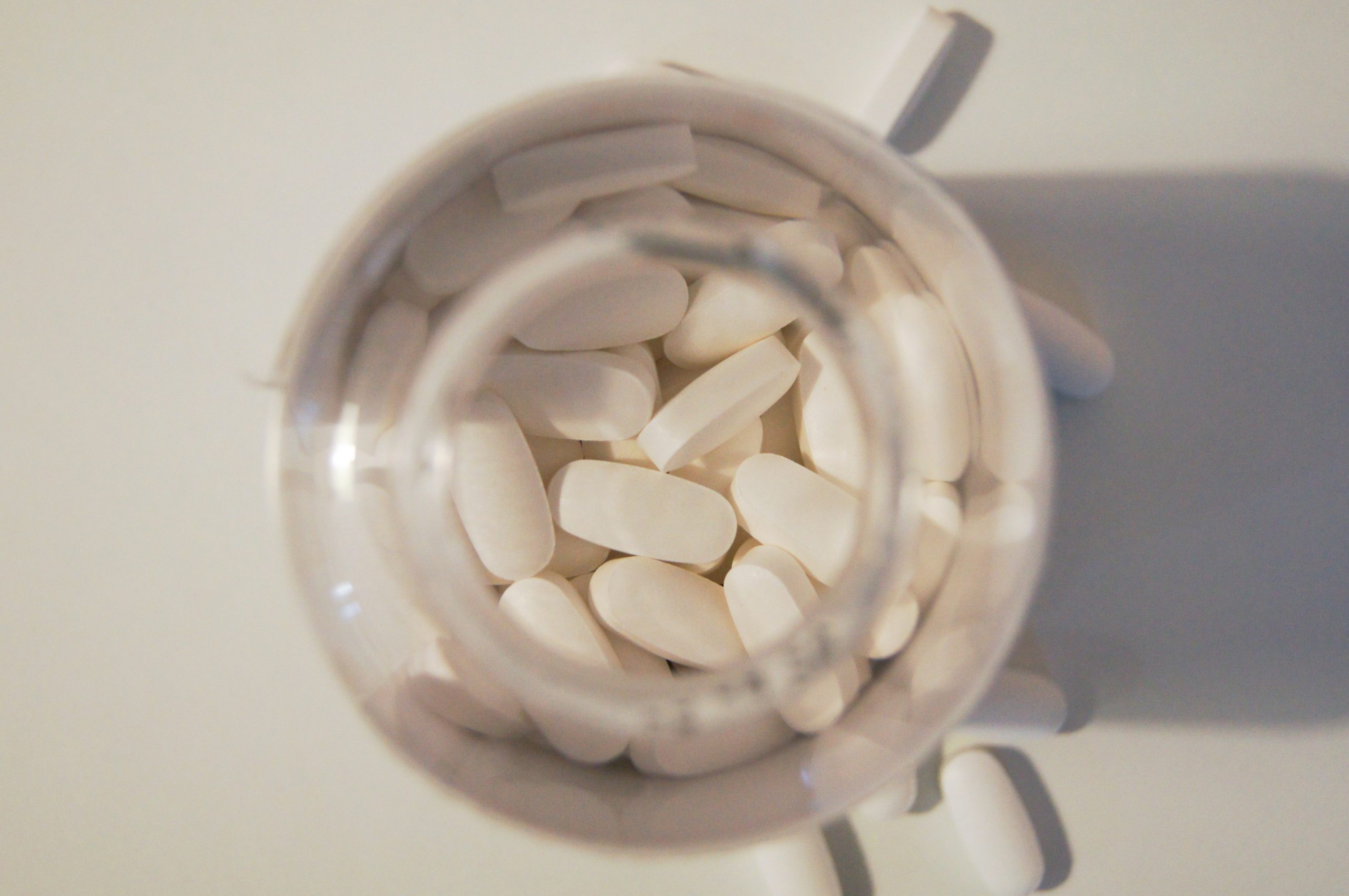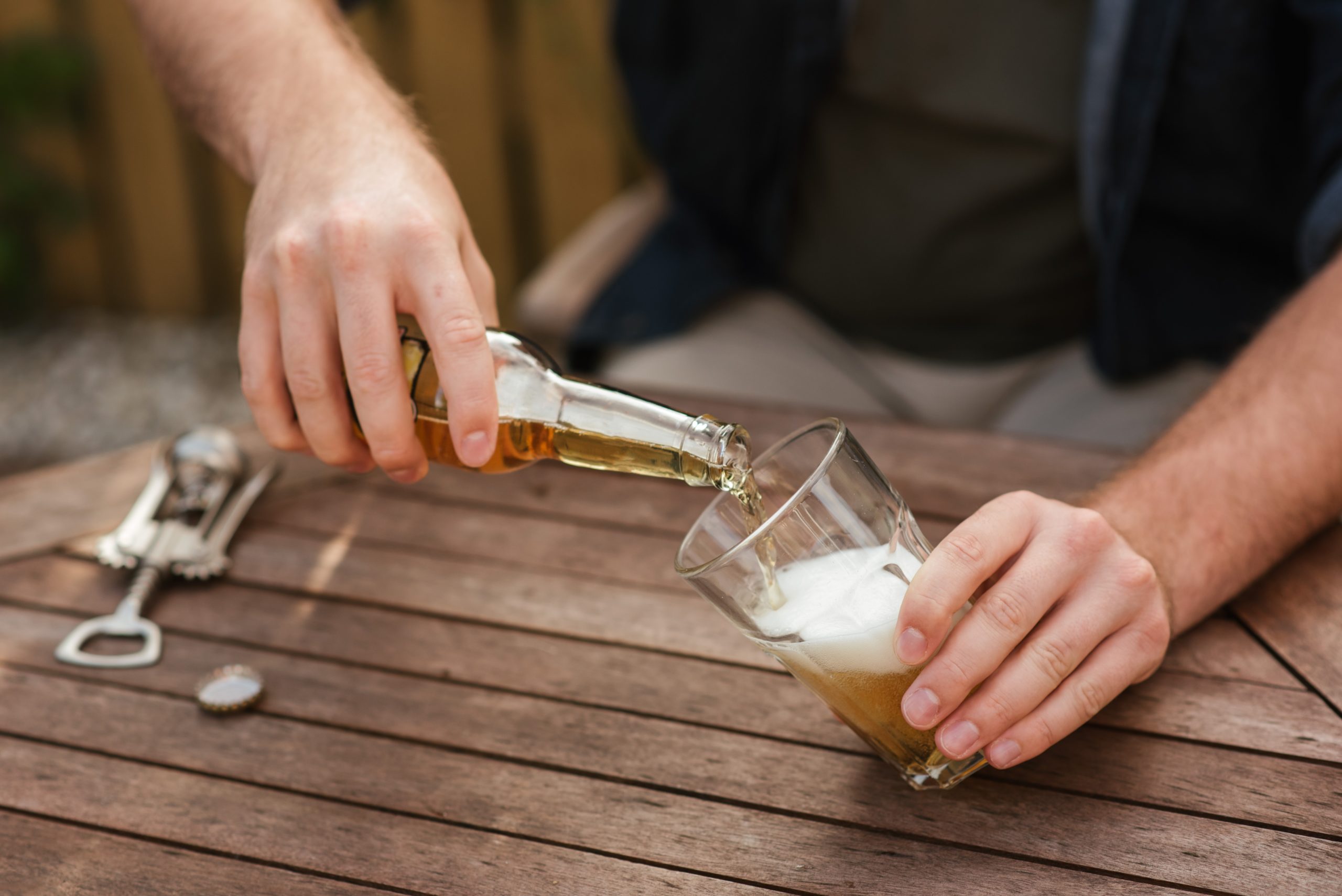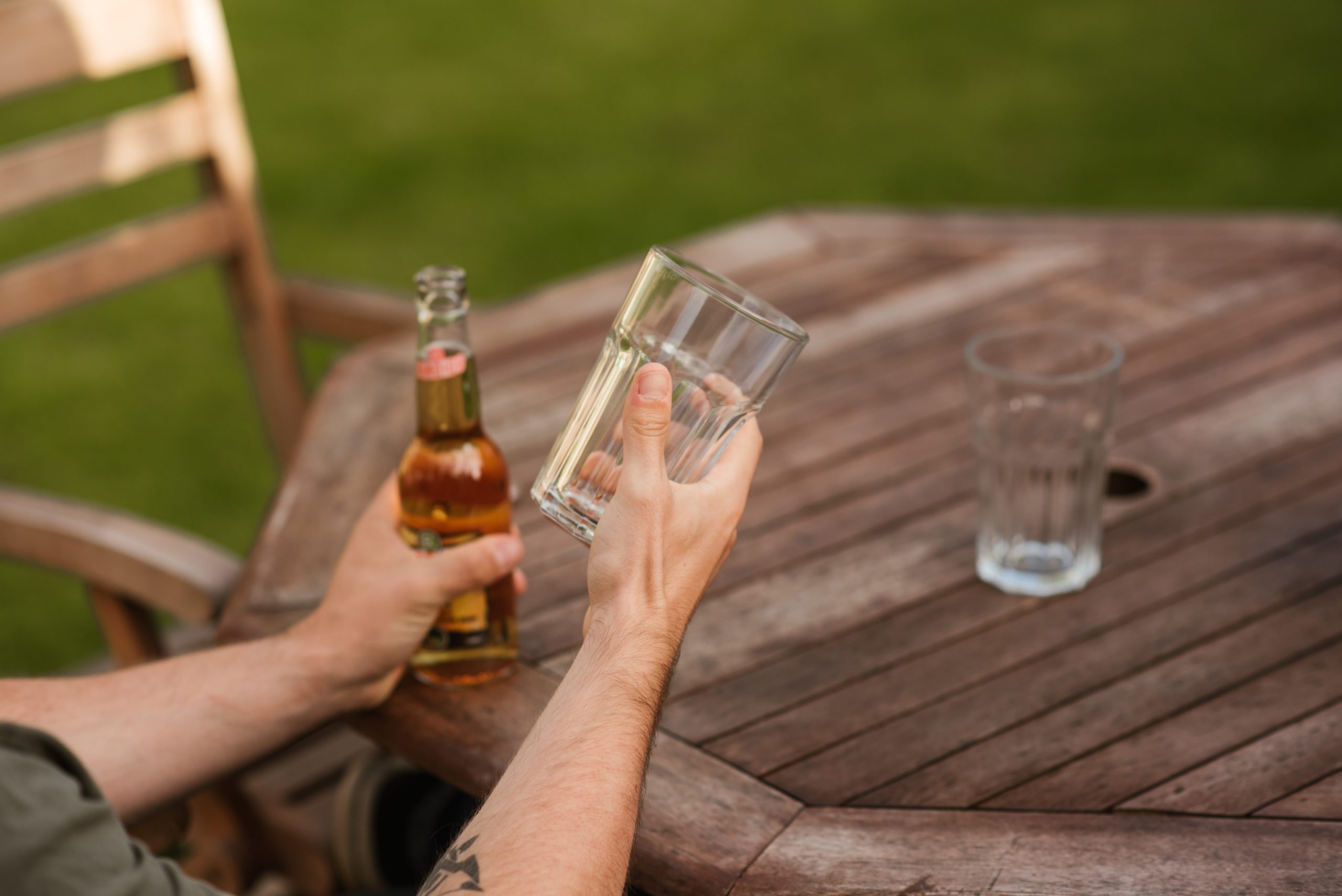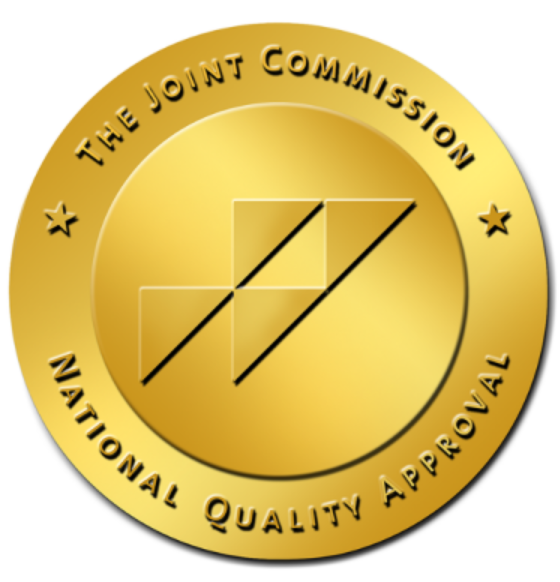Addictions are diseases that can be defined by a few different characteristics. Many do not recognize the difference between dependence and addiction. This doesn’t stop people from throwing around the term addiction, however. Some people like to tout that they are chocoholics or have an addiction to chocolate. What they usually mean, though, is that they love chocolate. It’s important to think about how we discuss addictions. Minimizing an addiction to something that you’re a huge fan of is harmful to those suffering from this disease. You’re not addicted to chocolate, you’re just a big fan. Think about how you throw around the terms you’re using on a daily basis.
At Create Recovery Center, we understand addiction and the complexities of navigating someone who is struggling with addiction. We understand there are many misconceptions about what addiction is which has led to great stigma around the subject. That is why we are committed to answering some of those questions and being a beacon of hope for those in need of recovery.
Abuse
The first characteristic of addiction is abuse. Misusing substances often occurs because you may desire to feel a certain way. Taking too much of a substance may help you reach this desire, but what you don’t realize is that you are abusing the substances. With abuse comes negative consequences. These negative consequences can range from changes in your health to losing a job to going bankrupt to divorce. Once you begin to abuse substances, the consequences are endless.
Dependence
Once you have begun to abuse a substance, your body develops a dependence. You may begin to develop a dependence on the substance both physically and psychologically. Dependence occurs when you build up a tolerance for the substance. For example, you might begin to feel the impacts of alcohol after three drinks. Once your body has begun to depend on the alcohol and get used to its impacts, you don’t begin to feel the same way after three drinks. Soon, you are drinking more and more to reach the same desired effect. To go along with dependence, you may begin to experience withdrawal symptoms when you are not using the substance. These symptoms can come both physically and psychologically and wreak havoc on your life.
Craving
Because you have abused substances and developed a dependence on them, it’s only natural that your body will start craving the substances. Cravings demand to be felt. They are strong feelings that you need to use the substance with urgency, even though it may not be acceptable to be using it at that time. Cravings are so strong and intense that you may not be able to focus on much else at the moment.
The Cycle of Addiction
Now that you understand the three main characteristics of addiction, the cycle of addiction will make more sense to you. A key to recovery is understanding why you are engaging in the behavior you are trying to stop. The cycle of addiction begins with the intense cravings that you are experiencing. You believe that you need the substance, so your body begins to give you signs that you should seek out the substance. This could be feelings of anxiety or physical feelings that you do not feel right without the substance. These feelings, however, cease when you get the substance you think your body needs. This relief isn’t long-lasting, however. Once the effects wear off, you begin to have withdrawal symptoms because you depend on the abuse of the substance. The longer this cycle of addiction goes on, the stronger your addiction grows. Soon, you aren’t even using substances to feel good; you are using substances to stop feeling so poorly.
The Impacts of Addiction
The first impacts of addiction are the very first after-effects of using the substance. For example, feeling hungover as a result of drinking too much the previous evening. Then, you begin to feel physical symptoms from your increased use of the substance. You begin to feel stressed out and sluggish. These feelings come on slowly so that you don’t realize they are happening as a result of your substance use. It becomes your new normal to feel poorly. This then translates into psychological impacts such as depression or anxiety, causing you to develop consequences for your habits. Then, instead of feeling these poor symptoms after using, you begin to feel this way all of the time. When normal stress arises that you would’ve been able to deal with healthily, you don’t have the same bandwidth to deal with these stressors. So, you think you need the substance to help you get through the stress of normal life. As time goes on, you feel like your addiction has become a part of you. The cravings are so intense that without the substance, you feel like you are missing something. At this point, your brain has been rewired to believe that you need the substance to feel whole again. Until you are able to break the stronghold, your addiction has on you, the cycle will repeat along with the impacts of your addiction.
At Create Recovery Center in Los Angeles, we can help you learn about what addiction is so that you can break the cycle. Or if you know someone or a loved one that is struggling with addiction, we are here to walk you through what to do next. Our staff is highly qualified, and our state of the art clinical program is designed with each individual in mind. We know that addiction recovery is difficult, but we can help. We have the programs that will work for your busy life. We are flexible with your schedule and want everyone to have access to treatment. Call us today at 855.508.0143. We can’t wait to speak with you and get you the help you need to be successful. Call us today to inquire about our programs and how they can benefit you. We can’t wait to hear from you!
Follow Us:


